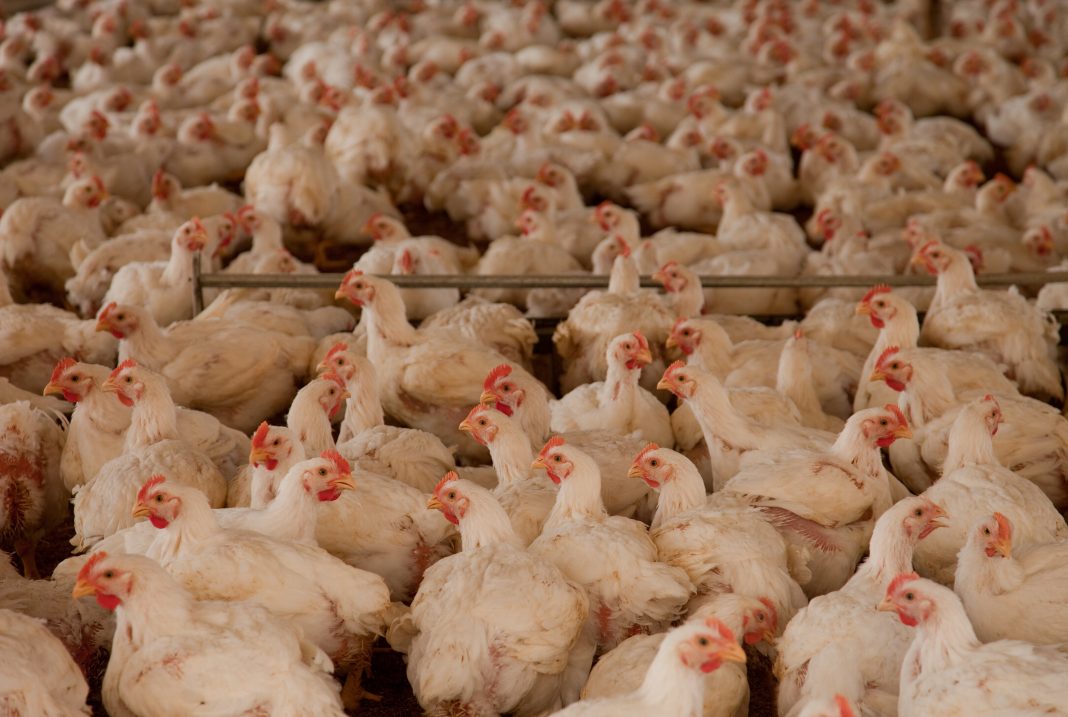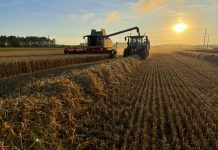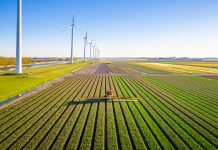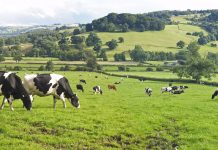The welfare of animals is not only important to animals but is also intrinsically linked to human health and the environment
We are repeatedly told that UK farms have the best animal welfare in the world, but reality paints a different picture, and scientists are increasingly concerned.
With a growing population and increasing global demand for meat and dairy foods, animal agriculture has expanded rapidly. There are now more than 1,000 US-style mega-farms in the UK alone.
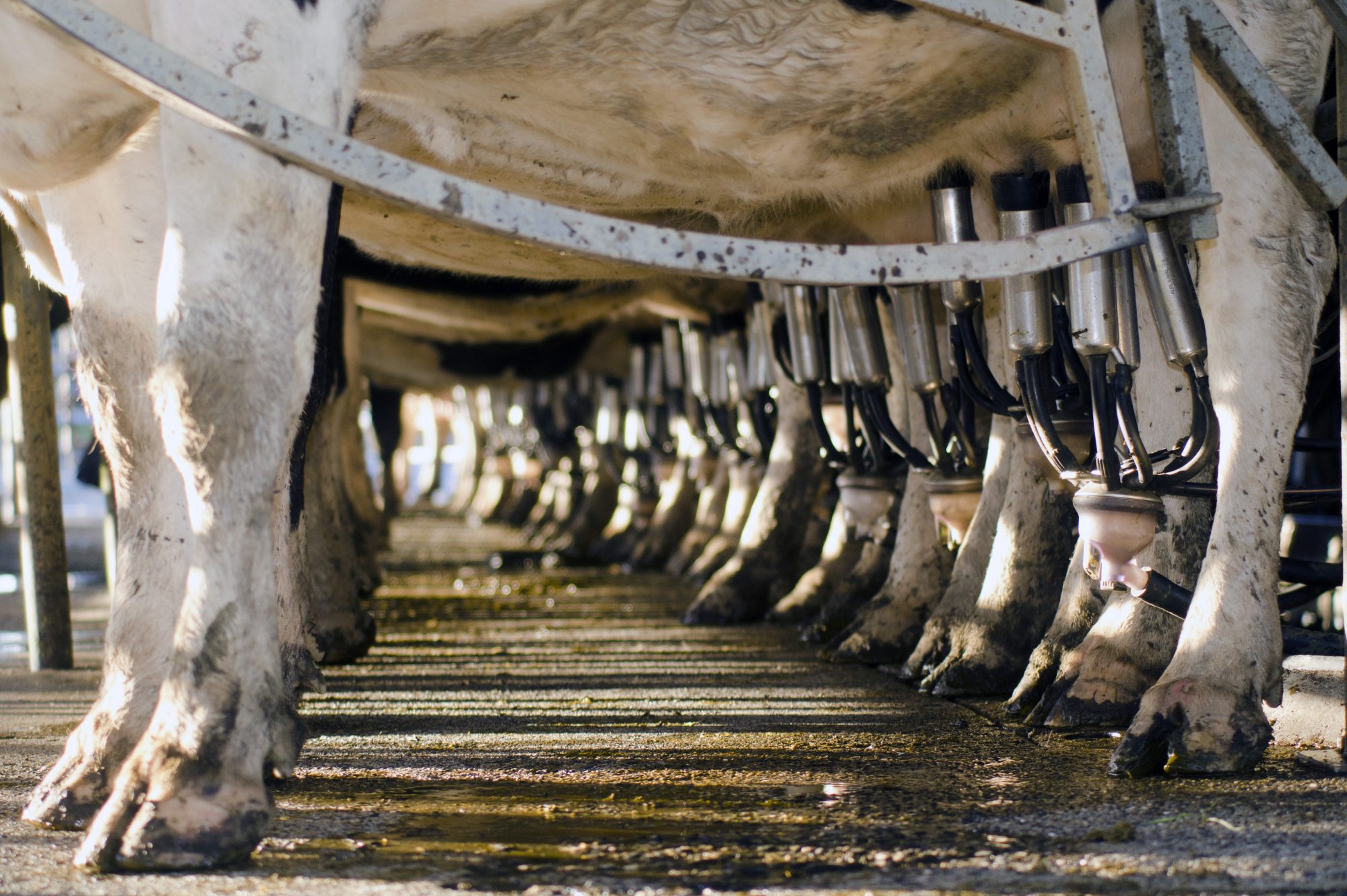
The Five Freedoms of animal welfare: factory farming
The Five Freedoms of animal welfare – freedom from hunger and thirst; freedom from discomfort; freedom from pain, injury or disease; freedom to express normal behaviour and freedom from fear and distress – are often quoted but frequently don’t exist as they are defended as being ‘aspirational’. This renders them meaningless to the animals, who are denied basic needs.
Industrial-scale ‘factory farms’ are where animals are raised in closed, filthy, stressful and crowded facilities, with little or no natural light. Bred for fast growth, their immunity is low, and we are handing viruses and other pathogens the perfect opportunity to mutate into more deadly forms – a storm of our own making.
Three in four new and emerging infectious diseases come from animals, and the pandemic threat posed by factory farming is a major public health concern. Before covid, many scientists thought the next pandemic would be caused by an influenza virus of avian origin emerging from a poultry or pig farm.
Many scientists thought the next pandemic would be caused by an influenza virus of avian origin emerging from a poultry or pig farm.
We’ve been here before – the 2009 swine flu pandemic originated from farmed pigs in Mexico, and the H1N1 virus responsible contained elements from humans, birds, North American pigs and Eurasian pigs. The mixing most likely occurred in live pigs being traded internationally.
Reducing antimicrobial resistance through the welfare of animals
Another major worry is antimicrobial resistance. An estimated 66% of all antibiotics used globally are for farmed animals, not people. It is driving the emergence of antibiotic-resistant ‘superbugs’ which, it is predicted, may kill an estimated 10 million people annually by 2050.
Animal agriculture poses a further global threat as it is responsible for a fifth of all anthropogenic greenhouse gas emissions. The UN states that we are not going to meet our climate targets – and we never will without tackling food production, and the cow in the room is livestock farming.
Animal-based foods are almost universally promoted as an essential part of a healthy diet despite an increasingly large body of scientific evidence showing that meat, fish, eggs and dairy are linked to all the major degenerative diseases, including obesity, diabetes, heart disease and cancer. The World Health Organisation say that processed meat causes cancer, and red meat probably does too. Often promoted as the healthy option, most chicken meat now contains more calories from fat than protein.
The future is plant-based
International bodies are now almost in unison, maintaining that a well-planned, plant-based diet provides all the nutrients we need while protecting health and lowering the risk of disease. Science shows that a plant-based diet not only protects human health and the environment but also lowers the risk of another pandemic – and, of course, benefits the animals.
Well-planned, plant-based diets provide all the nutrients we need while protecting health and lowering the risk of disease
This piece was written and provided by Dr Justine Butler, Head of Research, Viva!

